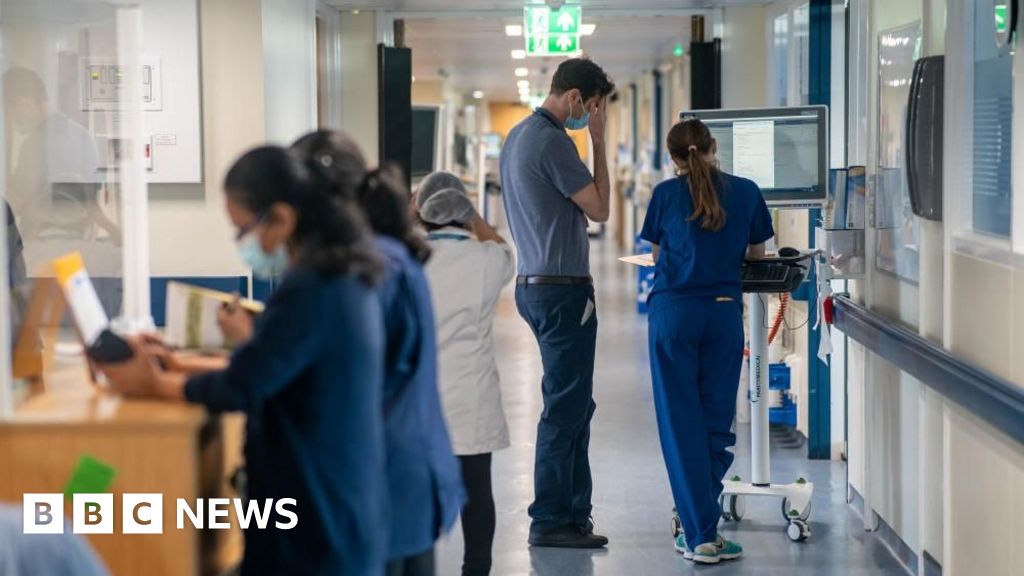NHS Funding Crisis
Introduction to the Crisis
Health leaders warn that NHS services and jobs in England will face cuts unless up to £3 billion more funding is made available to cover unexpected costs. The NHS Confederation and NHS providers representing trusts and other healthcare organizations said in a joint statement that the costs of covering redundancies and strikes, as well as higher spending on medicines, were not included in the budget this year and would require additional funding from the Chancellor.
Impact of Funding Shortfall
Cuts to NHS services and jobs could mean fewer tests, appointments, and operations. Senior managers say calls have been made by the government for significant job cuts in regional health boards and NHS trusts, without promising additional funding to cover at least £1 billion in redundancy payments. The merger of NHS England and the Department of Health will also entail staff cuts that will have to be paid for.
Factors Contributing to the Shortfall
The doctors’ strike in England in July resulted in costs of £300 million to NHS trusts, including covering roster gaps. The costs are expected to be the same again later in the year with the next planned strike in November. A deal with the United States is likely to result in higher drug prices, which could cost the NHS around £1.5 billion. The US government and major pharmaceutical companies are urging the British government to increase the amount paid for medicines.
Consequences of Inaction
Health leaders have warned that progress in reducing waiting lists will be compromised if the Treasury doesn’t help make up the financial shortfall. Some argue that uncertainty over redundancy plans is distracting staff and managers from the task of turning around the NHS. The threat of unbudgeted redundancies, higher drug prices, and renewed industrial action risks undoing progress on key waiting times targets and wider reforms that are essential to recovering the NHS.
Call to Action
As the Government prepares its Budget, it is time for an honest assessment and discussion about what the NHS can really achieve this year in these difficult financial circumstances – and what is ‘doable’ to meet ministers’ ambitions in their 10-year plan for health. Layoffs cost money and make it harder to achieve long-term savings without government support.
Government Response
A Department of Health and Social Care spokesperson said: "This government has invested a record £29 billion in our NHS – including up to £10 billion for digital and technology transformation and £750 million for urgent capital repairs – demonstrating our unwavering commitment to properly funding the health service we all rely on." However, investment alone is not enough – it must be accompanied by reform. That’s why we’re doing things differently: we’re not just fixing the NHS, we’re moving it forward through our plan for change.

